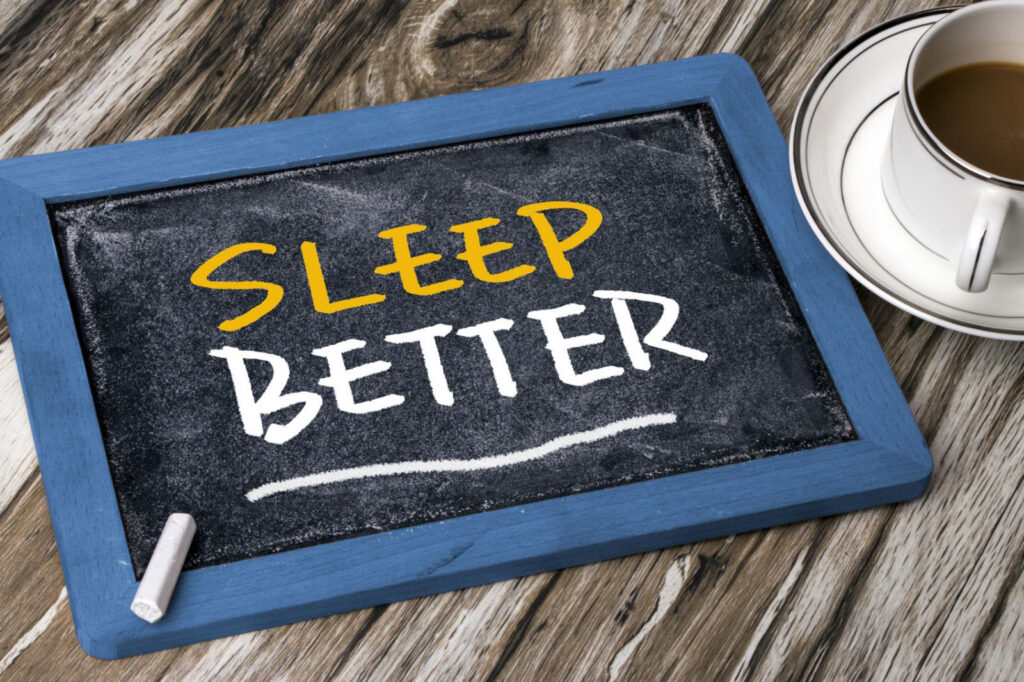
Even before I served as an executive of an NIH-backed sleep-science company, I was always fascinated by sleep….but it wasn’t until a 6’9” linebacker accidentally elbowed my nose as a teenager (he was a friend playing on my team), that it became clear how optimal breathing is a fundamental of better sleep and looking your best.
Hint: Sleeping well is either the result of your habits or your physiology. Below we cover an essential ingredient — breathing better at night. Here’s how to improve your breathing for higher quality sleep:
• Change Sleep Positions: Why? Sleeping on your side keeps your airway clear. Here is a tool to train this better side-sleeping habit: this Sleep Positioner; I tested it and it worked, although it took me a few weeks to get used to initial discomfort. If you’re looking to save bucks (rather than time), you can sew a tennis ball on the back of a t-shirt, but I opted for this because it saves time, it avoids the use of a full t-shirt during warmer temperatures, and it’s adjustable.
• Stop Mouth Breathing:
–Consider mouth tape. Here’s a doctor’s favorite that I’ve tested and like, and it’s safer than alternatives. Be careful with cheaper alternatives as they can contain toxic chemicals you’ll be breathing all night. Also, this brand of mouth tape allows for emergency breathing if necessary. With traditional mouth tape, you have to be careful if your nose is congested or blocked because it could prevent you from breathing.
–Chin strap as an alternative to mouth tape (I’ve tested this one and found it’s one of the better ones). If you don’t want to put on mouth tape every night. The size is a bit on the smaller size for me, but worked well enough.
• Open your Airway & Clear Nasal Congestion:
–Nasal strips: I tested 5 different types of nasal strips. The one I found most effective is this one. It may not be the lowest cost but it works.
–Saline sprays like this one I’ve used. They may be basic, but they work well & keep your nasal passages hydrated.
–Allergy meds to breathe easier if necessary.
• Stay Hydrated and Use a Humidifier if Air is Dry: Dry indoor air during winter months or a particular geography makes getting a humidifier a good idea. If you’re thinking of using a humidifier, this one is tried and trusted. Be careful, on the other hand, of ultrasonic humidifiers which became popular but more easily harbor bacteria, and unless you’re using perfectly distilled/purified water, also carry the risk of spreading harmful mineral dust. For that reason I prefer the evaporative cool mist models like the one in the link shared above.
• Final Note: for more serious conditions
—If you think you may have sleep apnea or a more serious condition, just leave a comment below and I’d be happy to share some valuable medical resources and research with you.
Extra Bonus Insight: The First Night Effect on Sleep
I was at a hotel for a work trip about a week ago and I slept horribly and experienced the “first night effect (FNE).’ The hypothesis is that it’s a survival instinct based on an unfamiliar and potentially dangerous environment.
Here are a few tips to minimize the first night effect:
- Aim to stay at the same hotel or in the same room. The brain has a long memory for familiar places.
- If it’s not possible to stay in the same place, get there a little earlier to familiarize yourself with the environment.
- Calm and relax yourself in a way that works for you. For example, using familiar sounds / cues, such as the same white noise, the same pillow – here’s the one I’ve tested and I use if I’m traveling.

Leave a Reply